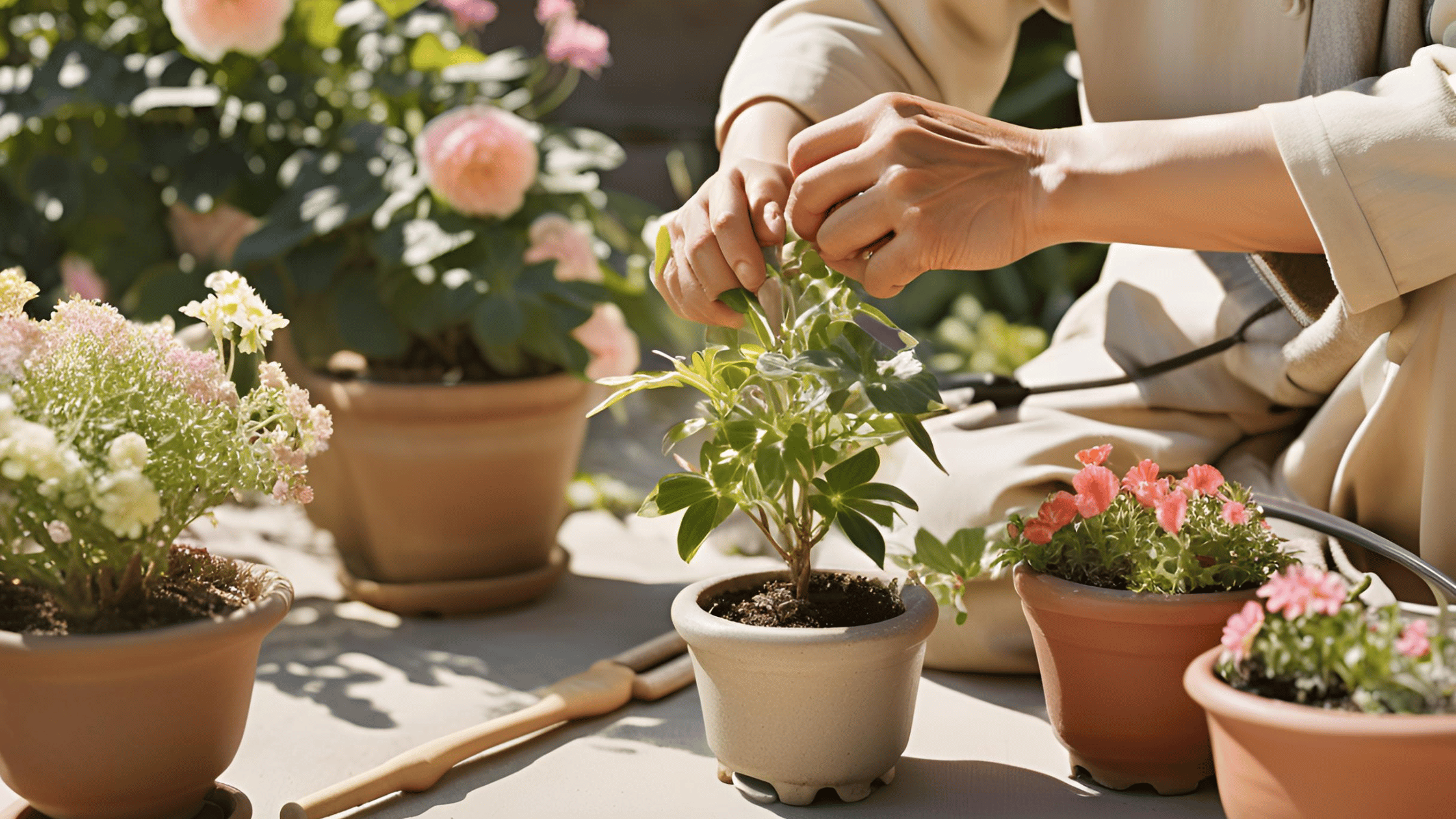Divorce can be one of the most challenging times in life. It’s emotionally draining, and finding ways to heal can feel overwhelming. Gardening is a simple, peaceful hobby that can help you rebuild your mental health and emotional well-being. It allows you to connect with nature, focus on growth, and enjoy a sense of accomplishment. Plus, you don’t need to be an expert to start gardening—it’s easy and fun!
In this blog, we’ll guide you on how to start gardening as therapy. We’ll include simple steps, tools you need, and resources like websites, books, and podcasts to make the process super easy.
Why Gardening is Great for Therapy
- Reduces Stress: Gardening calms the mind and reduces anxiety.
- Improves Mood: Watching plants grow gives a sense of achievement.
- Encourages Mindfulness: It helps you stay in the present moment.
- Keeps You Active: Gardening involves physical movement, which is great for your body.
Whether you have a big backyard, a small balcony, or even just a windowsill, gardening can be your healing space.
How to Start Gardening
Step 1: Decide What You Want to Grow
- Vegetables: Tomatoes, peppers, and lettuce are easy to grow.
- Herbs: Basil, mint, and parsley are great for beginners.
- Flowers: Marigolds, sunflowers, and petunias add color and joy.
- Indoor Plants: Snake plants and succulents require minimal care.
Step 2: Get the Right Tools
You don’t need fancy tools. Start with:
- A trowel
- Gardening gloves
- A watering can
- Pots or containers
- Soil mix (organic if possible)
You can find affordable gardening tools on Amazon or stores like Home Depot.
Step 3: Choose Your Gardening Space
- Backyard: Create small garden beds.
- Balcony: Use pots or vertical gardening solutions.
- Windowsill: Perfect for herbs and small plants.
Step 4: Learn the Basics of Plant Care
- Watering: Most plants need regular but not excessive watering.
- Sunlight: Place plants where they can get the right amount of sunlight.
- Soil: Use good-quality soil for healthy plant growth.
Step 5: Start Small
Begin with one or two plants to build confidence. Once you see success, you can expand your garden.
Resources to Help You Start Gardening
Websites and Blogs
- Gardening Know How: A beginner-friendly site with tips on plant care and gardening basics.
- Old Farmer’s Almanac: Offers advice on seasonal planting.
- Home Depot Gardening: Great for finding affordable tools and plants (affiliate).
Books
- The Gardener’s Companion to Medicinal Plants by Royal Botanic Gardens, Kew: Great for learning about therapeutic plants.
- RHS How to Garden When You’re New to Gardening by DK: Perfect for beginners.
- Plant Therapy: 101 Easy Steps to Transform Your Life Through Plants by Julia Watkins.
Podcasts
- The Beginner’s Garden Podcast: Practical gardening tips for beginners.
- Gardener’s Question Time (BBC): Expert advice on all things gardening.
- Epic Gardening Podcast: Short, daily episodes for quick gardening tips.
Magazines
- Better Homes & Gardens: Offers gardening inspiration and ideas.
- Gardens Illustrated: Focuses on design and seasonal planting.
- Organic Gardening: For eco-friendly gardening practices.
YouTube Channels
- Epic Gardening: Easy-to-follow gardening tutorials.
- Garden Answer: Fun, creative gardening ideas.
Online Stores
- Burpee Seeds: Order seeds and plants online.
- Amazon Gardening: Tools and starter kits (affiliate).
- Etsy Gardening Supplies: Unique pots and decor (affiliate).
Tips to Stay Motivated
- Celebrate Small Wins: Be proud when your plant grows a new leaf or blooms.
- Document Your Journey: Take photos of your plants and track their progress.
- Join Gardening Groups: Connect with others through Facebook groups or local clubs.
- Mix It Up: Try new plants or techniques to keep things exciting.
Internal Links
- Healing Through Nature: How to Find Peace After Divorce
- Finding Joy in Simple Activities Post-Divorce
- Self-Care Tips for Emotional Recovery
Final Thoughts
Gardening is more than just a hobby—it’s a way to heal, grow, and rediscover joy. It doesn’t matter if you’re starting small or diving into a bigger project; what matters is taking the first step. With a little patience and care, your garden can become your personal space for therapy and growth.
Take it one plant at a time, and enjoy the process. Remember, you’re not just growing plants; you’re growing a new chapter in your life.


